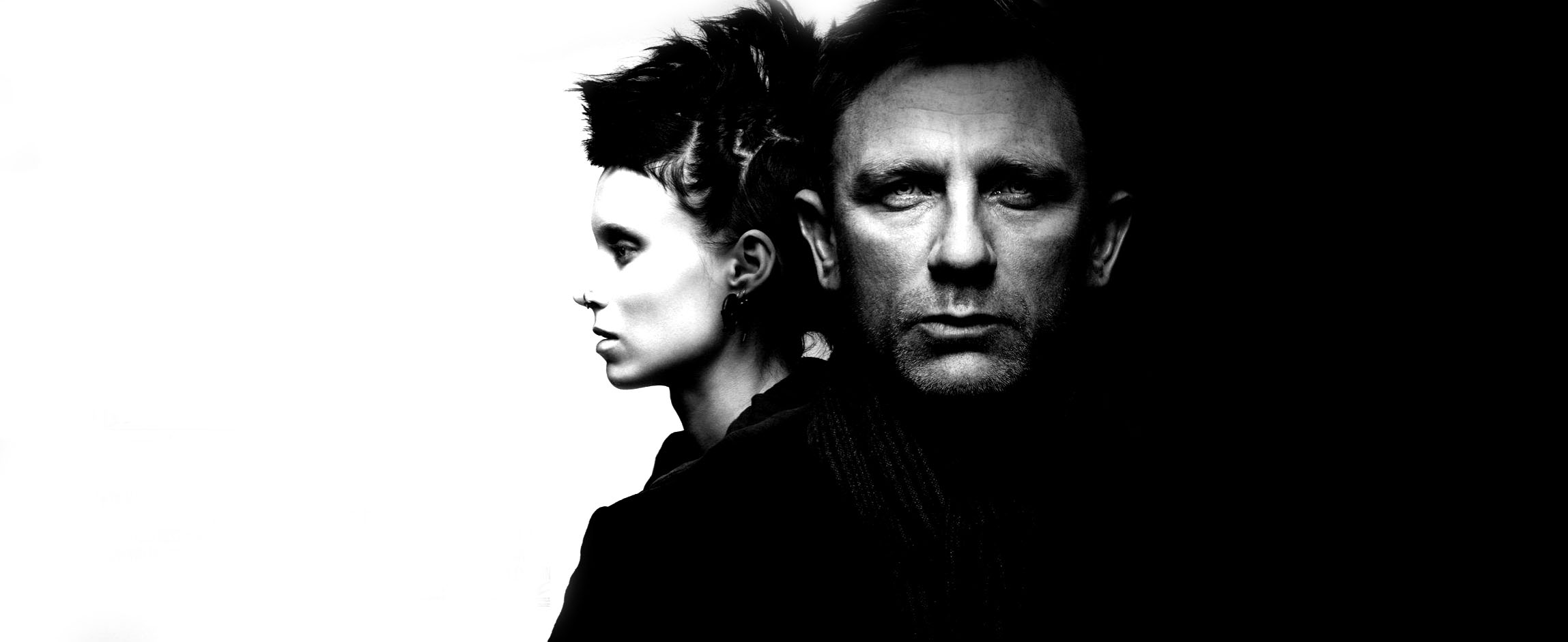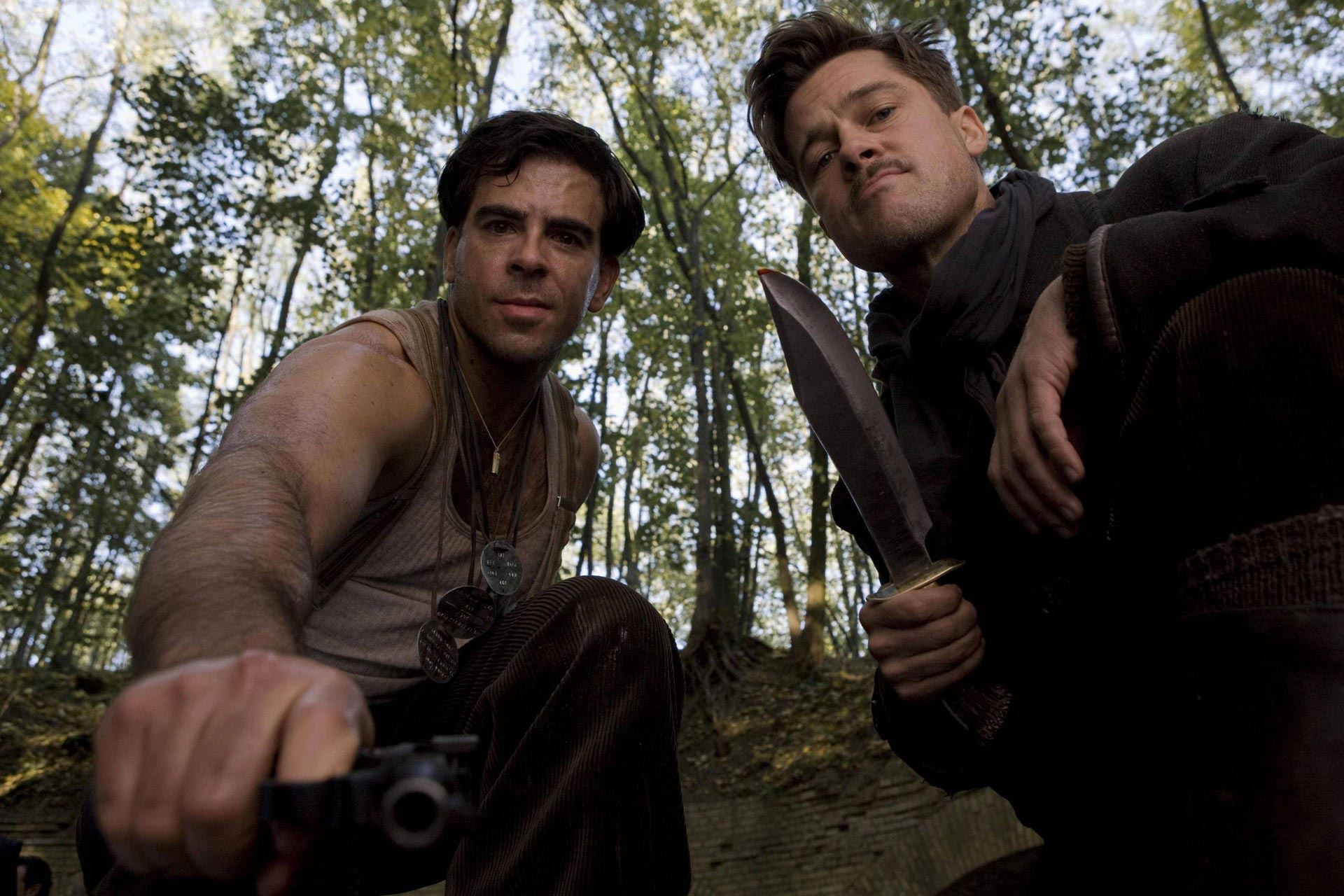Starring: Daniel Craig, Rooney Mara, Christopher Plummer, Stellan Skarsgård, Robin Wright.
Written by: Steven Zaillian (Screenplay), Stieg Larsson (Book).
Rated R for brutal violent content including rape and torture, strong sexuality, graphic nudity, and language.
David Fincher first solidified himself as a director of merit with the 1995 film, Seven (sorry, Alien 3.) The grimy, atmospheric thriller about a serial killer whose victims exemplified the Biblical seven deadly sins was both a critical and commercial success that catapulted his career into the Hollywood stratosphere. He would return to the murder mystery genre with the 2007 film Zodiac to similar critical albeit less commercial success. Now it’s 2011 and Fincher is once more dipping into the well with The Girl with the Dragon Tattoo. Luckily for us, the auteur is as smooth as he's ever been.
His fluidity is reflected most apparently in the camera’s lens. Each shot within the film is meticulously framed and flawlessly executed, rarely relying on the modern convention of handheld cameras. As a result, the camera never bobs or shakes. An uneasy tranquility pervades each and every scene, perfectly capturing the gloomy subject matter.
Nestled snugly within Fincher’s frames is a tight and compelling mystery. Disgraced journalist Mikael Blomkvist (Daniel Craig) is hired by the wealthy and mysterious Henrik Vanger (Christopher Plummer) to investigate the disappearance of his niece, Harriet, who vanished some 40 years ago. And then there’s the titular girl with the dragon tattoo, Lisbeth Salander (Rooney Mara); the woman hired by the Vangers to pull the background check on Blomkvist. Eventually, their paths converge and the mystery kicks in proper; more on that later.
Before they meet we’re treated to a lengthy expository section detailing the backgrounds of both our hero and our heroine (not to mention the loony Vanger family.) During this portion of the film their stories can feel a bit disassociated: Blomkvist is beginning his investigation, and attempting to escape from his libelous past, by moving into a shack on the Vanger family’s personal island. Salander is dealing with the repercussions of the failing health of her legal guardian. The result of which puts her in the “care” of lawyer Niles Bjurman who uses his position of power to sexually abuse her.
Like I said, The Girl with the Dragon Tattoo takes longer than most films to build up its momentum but it certainly doesn’t detract from the overall story. It serves as a means to excellent characterization for all parties; the most involving of which is, of course, Salander. Rooney Mara really came out of nowhere to snag the role and it's easy to see why. She’s fierce, fearless, and nothing less than real; able to convey Lisbeth’s inner animosity and instability without sacrificing the vulnerability that defines her pathos.
Her introspection and idiosyncrasies have most likely led to her profession as a computer hacker (and an exceptional one at that.) When Mikael decides that he needs a research assistant, the Vangers naturally inform him of Lisbeth’s expertise. The two then plunge headlong into the absorbing and complex tale of murder and misogyny. It’s fairly disturbing stuff but it’s morbidly fascinating and your investment in the characters ensure your investment in their investigation, along with the dark places it leads them.
 |
| See what I mean! No cell phone coverage! |
There’s an unexpectedly thrilling climax here but it’s almost undone by the prolonged epilogue. It doesn’t exactly bother me. I’m all for closure (which you don’t really get anyway) but I couldn’t help but be taken out of the experience a bit as I watched the film slowly crawl to a close. You reach a point of catharsis and then you’ve got twenty or thirty minutes to go as the movie resolves the unresolved and you twiddle your thumbs.
Minor pacing issues aside, The Girl with the Dragon Tattoo is a thoroughly engrossing thriller. It’s the rare big-budget film that’s unapologetically made for adults. The central narrative is complex, the characters are morally ambiguous, and the themes are potentially unsettling but, like the biting cold of Sweden, it consumes you. Only in the case of Fincher’s film, you don’t want it to let go.
4 out of 5




